Teaching is just like driving a car. Sometimes it's like driving a red Ferrari at sunset, with the top down, shades on and a warm breeze blowing in your hair: your lessons are amazing, you meet your deadlines on time, you get an outstanding observation, your students are learning so much, they tell you how much they love your lessons and you feel like a superhero making a real difference in the world!
Teaching is like driving a car... what is your ride most like right now?
At other times however, teaching is like driving a beat up tin can, as the gas light comes on, in a storm, as you burst a tyre: you're exhausted (even your exhausted is even exhausted), there are endless pointless meetings, you are being told your students need to be performing better, the photocopier jams (usually during an emergency), and you burst into tears while you Google things in despair like "what can I do instead of teaching" (oh yes, don't try and deny it - I know you guys are out there in abundance, just check out the top Google searches below). I wonder how many hundreds of thousands (or millions?) of teachers search this phrase for it to come up as most searched on Google. This is incredibly alarming...
At other times however, teaching is like driving a beat up tin can, as the gas light comes on, in a storm, as you burst a tyre: you're exhausted (even your exhausted is even exhausted), there are endless pointless meetings, you are being told your students need to be performing better, the photocopier jams (usually during an emergency), and you burst into tears while you Google things in despair like "what can I do instead of teaching" (oh yes, don't try and deny it - I know you guys are out there in abundance, just check out the top Google searches below). I wonder how many hundreds of thousands (or millions?) of teachers search this phrase for it to come up as most searched on Google. This is incredibly alarming...
P.S. to the people who are so bored they need to Google ideas for how they can spend their day, maybe they should take up teaching - I can't remember the last time I didn't know what to do with my day!? Just sayin'...
So, I'm going to stick with the car analogy to explain the secret I have found to surviving teaching - but first, I want to share a little background story to help you understand my journey so far.
My first school was rough. I mean really, really rough. I'm talking students high on drugs, in gangs, sent to prison, drug dealing for pocket money, sex trafficking, abandonment, physical violence, sexual assault in the playground etc... that kind of rough. It was a tough gig that's for sure, and for a 21 year old baby only a few years older than some of these kids , it was a shock to my system: University did not prepare me for this!?
Aside from being a "police officer", I also had to try and somehow teach these kids whose last care in the world was their education! Yah, those were the most challenging years of my life. There were many days I would cry driving to work and cry driving home... Nights I would wake up sweating from nightmares about school... Endless hours on the internet Googling "behaviour management strategies" (most of which by the way, are laughable as they're are so generic and are not effective on those kind of kids.) So I had to teach myself with lots of trial and error. And boy did I learn... I'll have to share some of those stories with you one day!
I was tested to breaking point, pretty much on a daily basis. I honestly wanted to quit most days - this was not how I dreamed it would be! But there was another part of me that wouldn't let me give up on these kids. I got to know them, their stories, their lives, their backgrounds and I deeply cared about them - even if they would scream at me and storm out of my room at first! :P In time, when they realised I was not going to abandon them and I showed them I really did care, things started to change. This is when my passion for well-being and character education began to develop. Many of these kids had poor role models at home and their response to most situations was just anger and aggression as they didn't know any other way. It became my passion to nurture positive characteristics within them so they could begin to change their lives for the better. This is why I choose to share these ideas and resources with you so you can help your students in the same way too.
If you're wondering, I stayed committed to that school and my students for 8 years. Although it was traumatic at times and hard to stay motivated, I wouldn't change a moment: those kids taught me to be a better teacher, way beyond the curriculum. In fact, think about any inspiring teacher movie you have ever seen: doesn't it usually involve the teacher emotionally connecting with students and developing positive characteristics that turns them around? There's something to be said for that... and that's why I refuse to eliminate Character Education from my teaching schedule. Even 10 minutes first thing in the morning is better than nothing and it makes the world of difference.
My first school was rough. I mean really, really rough. I'm talking students high on drugs, in gangs, sent to prison, drug dealing for pocket money, sex trafficking, abandonment, physical violence, sexual assault in the playground etc... that kind of rough. It was a tough gig that's for sure, and for a 21 year old baby only a few years older than some of these kids , it was a shock to my system: University did not prepare me for this!?
Aside from being a "police officer", I also had to try and somehow teach these kids whose last care in the world was their education! Yah, those were the most challenging years of my life. There were many days I would cry driving to work and cry driving home... Nights I would wake up sweating from nightmares about school... Endless hours on the internet Googling "behaviour management strategies" (most of which by the way, are laughable as they're are so generic and are not effective on those kind of kids.) So I had to teach myself with lots of trial and error. And boy did I learn... I'll have to share some of those stories with you one day!
I was tested to breaking point, pretty much on a daily basis. I honestly wanted to quit most days - this was not how I dreamed it would be! But there was another part of me that wouldn't let me give up on these kids. I got to know them, their stories, their lives, their backgrounds and I deeply cared about them - even if they would scream at me and storm out of my room at first! :P In time, when they realised I was not going to abandon them and I showed them I really did care, things started to change. This is when my passion for well-being and character education began to develop. Many of these kids had poor role models at home and their response to most situations was just anger and aggression as they didn't know any other way. It became my passion to nurture positive characteristics within them so they could begin to change their lives for the better. This is why I choose to share these ideas and resources with you so you can help your students in the same way too.
If you're wondering, I stayed committed to that school and my students for 8 years. Although it was traumatic at times and hard to stay motivated, I wouldn't change a moment: those kids taught me to be a better teacher, way beyond the curriculum. In fact, think about any inspiring teacher movie you have ever seen: doesn't it usually involve the teacher emotionally connecting with students and developing positive characteristics that turns them around? There's something to be said for that... and that's why I refuse to eliminate Character Education from my teaching schedule. Even 10 minutes first thing in the morning is better than nothing and it makes the world of difference.
So, knowing all this, I'm sure you can imagine the state of my well-being during all those years!?! Every day was purely survival and I had to keep learning new strategies just to get through. I am now in a different school with a very contrasting intake, but obviously I still experience lots of stress - just a different kind! Over this past decade, I have learnt a lot about work / life balance and taking care of my own well-being, so now I feel I am effective at reading the signs and changing direction before I reach the dreaded "burn out" city.
So here's my analogy for surviving teaching: think of teaching like driving a car.
Imagine you're driving along a path and even now and then, the terrain changes - sometimes it's smooth but more often than not, it's a little rough! The terrain symbolises variables like your mood, student behaviour and other incidences that occur on a daily basis that may disrupt your "ride".
On your journey, your goal is to pick up some hitchhikers and take them where they need to go. Some of these are compulsory, but then there are some that are optional. Each of these hitchhikers represent a responsibility you have to fulfill (compulsory things being lesson preparation, grading, parents' evenings, teaching, family etc. and optional being extra-curricular clubs, creating your own resources, attending sports games, staff committee meetings, social commitments etc.)
More often than not, being the generous, nice people that we are, we feel bad leaving all those hitchhikers in the lurch so we pick up loads of them and of course, our car gets a little too full; before we know it, it becomes much harder to drive. The car gets sluggish from all the extra weight and so more fuel is needed to run it. Soon you realise your tank is almost empty and you're physically not able to go on much longer. Sound about right so far?
You see a gas station in the distance but you're not sure you have enough in the tank to make it there.
You have 2 choices. You can either:
a) put your foot down and force the car to drive as hard as it can to hopefully make it to the place where you can finally refuel (also known as a weekend / long break!) or,
b) you can choose to pause, breathe and just let some people out of the car to lighten the load so you can get to the gas station safely in one piece.
I've found that the key to survival and protecting your well-being is recognising when you reach that crucial point of: do I put my foot down and push myself to exhaustion just to say "I made it carrying all these hitchhikers even though it almost killed me"? Or do you say "Sorry, but what use is my car if it breaks from trying to push it too hard carrying hitchhikers that I didn't even need to pick up? Some of the extra load has to go so I can carry the essential hitchhikers to the end and do my job well".
Does that make sense? Feel free to back and read it a few more times if you need to as I want to be sure you really get this!
It's all about priorities. Know what your non-negotiables are and do what you have to to get them done. By all means pick up some extra responsibilities if you can take them, but don't feel obliged to if your "car" is already full and you know you don't have the energy to carry them right now. And not that you would, but it shouldn't be an excuse to do the bare minimum of course! You want to be the best teacher you be and you should pick up a few hitchhikers every now and then to contribute to your school and support your community, but you must know when it is getting too much and take steps to protect yourself: stop the car and get rid of some of the "extra weight" you're carrying.
Your main goal is to reach your destination (do your job) with your car in one piece (your body in full health).
Final note from me that I have learnt and wish someone had told me earlier: you have to protect yourself in teaching. Others will happily drive past and let you pick up all the hitchhikers. Believe me, they're not monitoring what is an appropriate workload for you: it's down to you to accept or decline anything not compulsory. Only you know your limits. Recognise the signs and do not feel bad if you have to start cutting some things loose, whether in school or even your home life.
I've found that the key to survival and protecting your well-being is recognising when you reach that crucial point of: do I put my foot down and push myself to exhaustion just to say "I made it carrying all these hitchhikers even though it almost killed me"? Or do you say "Sorry, but what use is my car if it breaks from trying to push it too hard carrying hitchhikers that I didn't even need to pick up? Some of the extra load has to go so I can carry the essential hitchhikers to the end and do my job well".
Does that make sense? Feel free to back and read it a few more times if you need to as I want to be sure you really get this!
It's all about priorities. Know what your non-negotiables are and do what you have to to get them done. By all means pick up some extra responsibilities if you can take them, but don't feel obliged to if your "car" is already full and you know you don't have the energy to carry them right now. And not that you would, but it shouldn't be an excuse to do the bare minimum of course! You want to be the best teacher you be and you should pick up a few hitchhikers every now and then to contribute to your school and support your community, but you must know when it is getting too much and take steps to protect yourself: stop the car and get rid of some of the "extra weight" you're carrying.
Your main goal is to reach your destination (do your job) with your car in one piece (your body in full health).
Final note from me that I have learnt and wish someone had told me earlier: you have to protect yourself in teaching. Others will happily drive past and let you pick up all the hitchhikers. Believe me, they're not monitoring what is an appropriate workload for you: it's down to you to accept or decline anything not compulsory. Only you know your limits. Recognise the signs and do not feel bad if you have to start cutting some things loose, whether in school or even your home life.
Some final questions for you:
- What extra commitments are you taking on that is not necessary that you can decline or "drop off"?
- What do you think of this analogy? Agree / disagree? Let's chat in the comments!

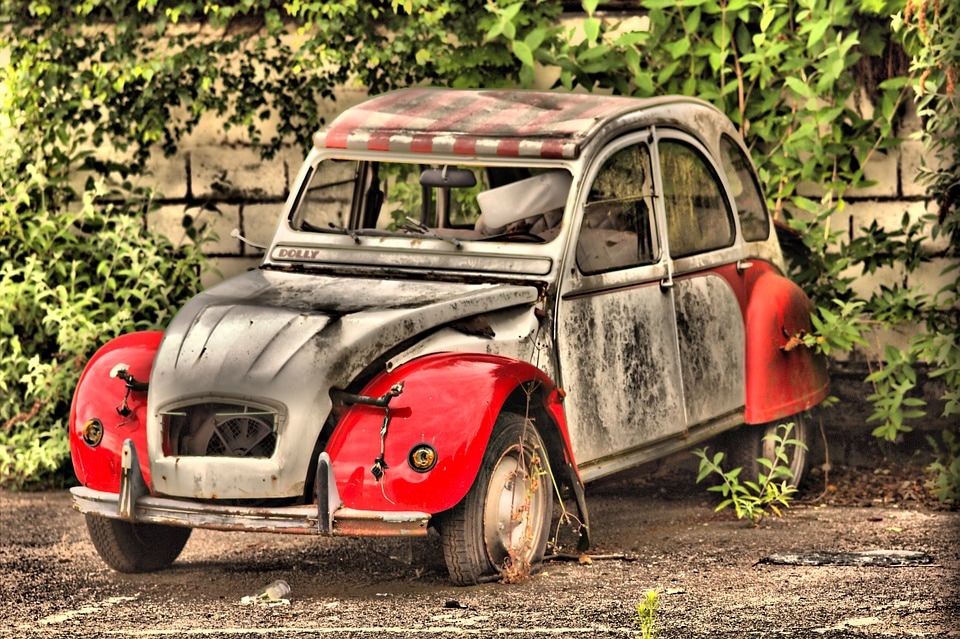

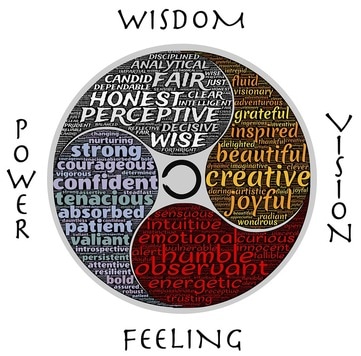

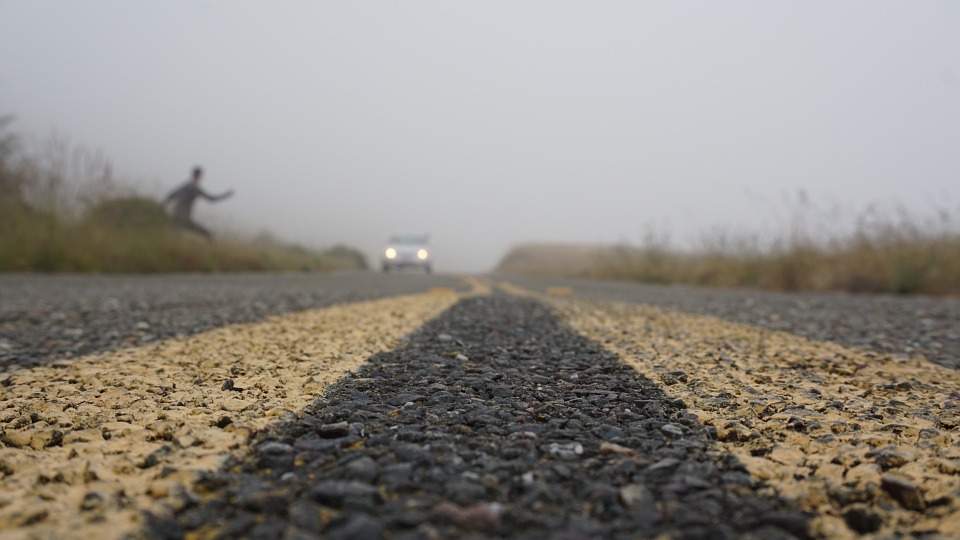
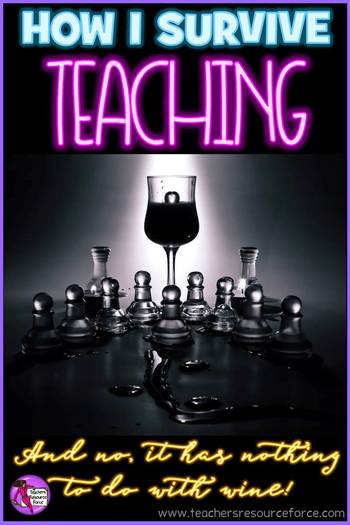





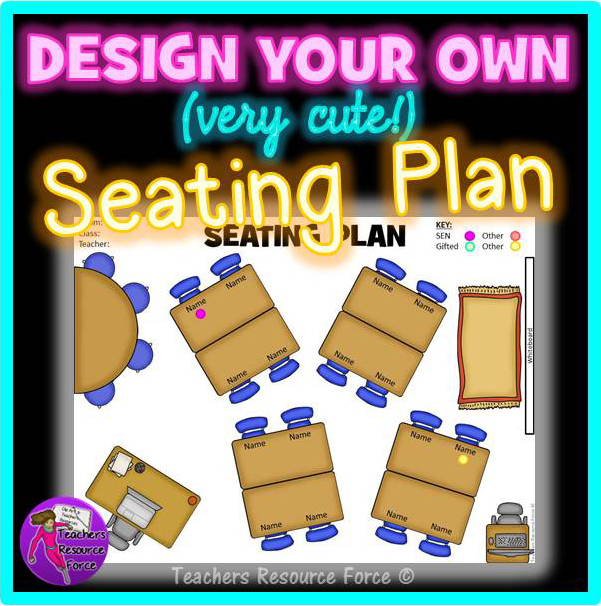
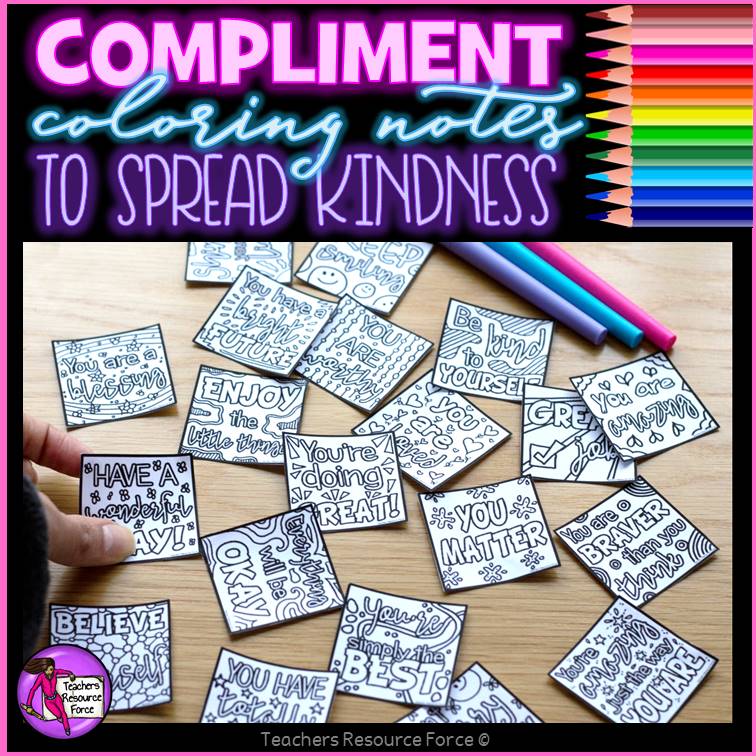
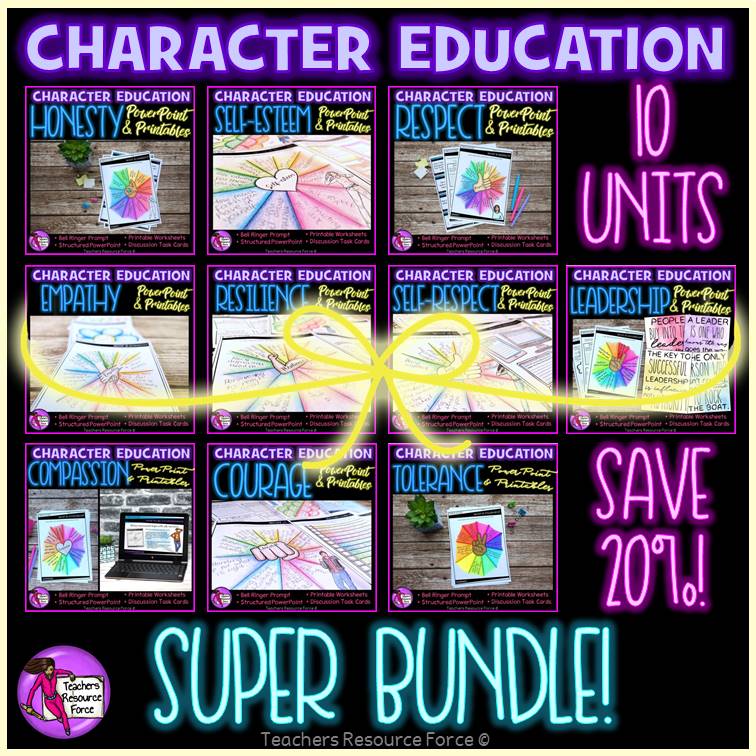
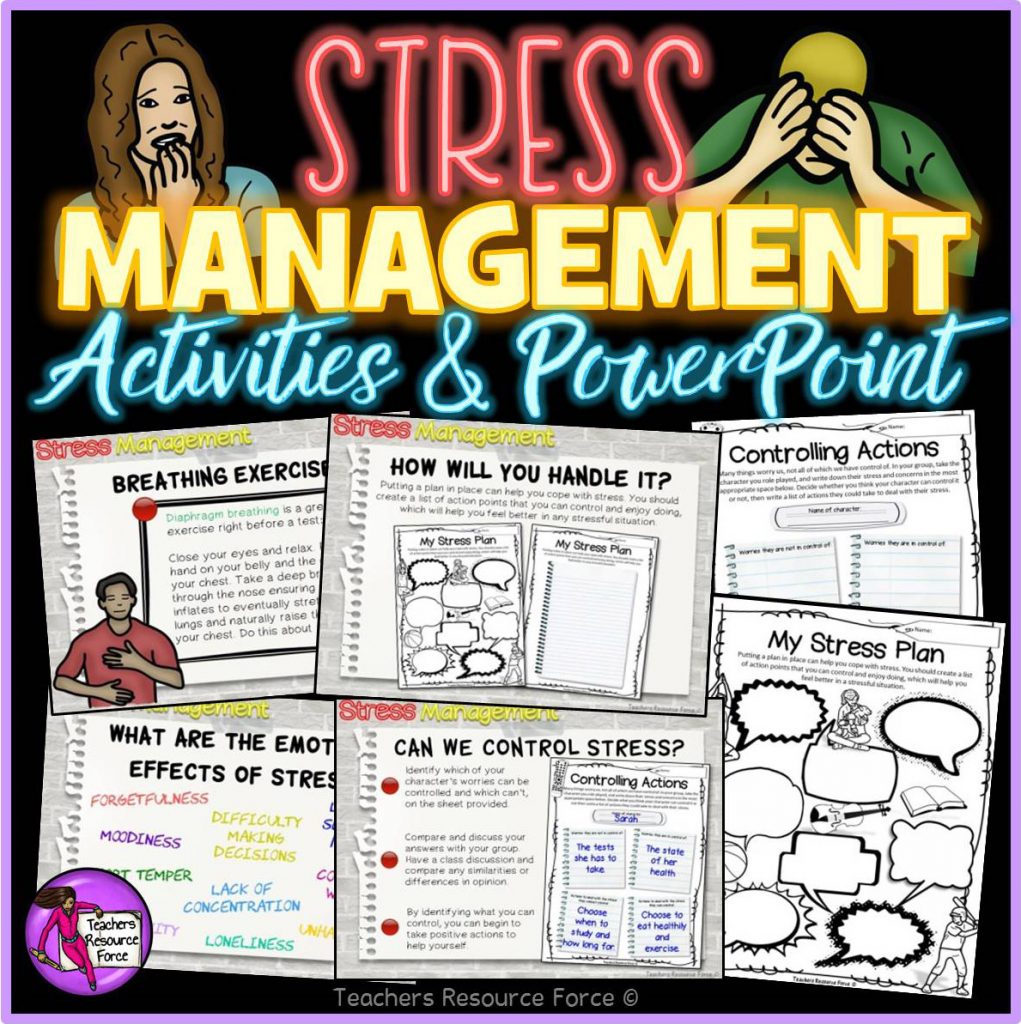

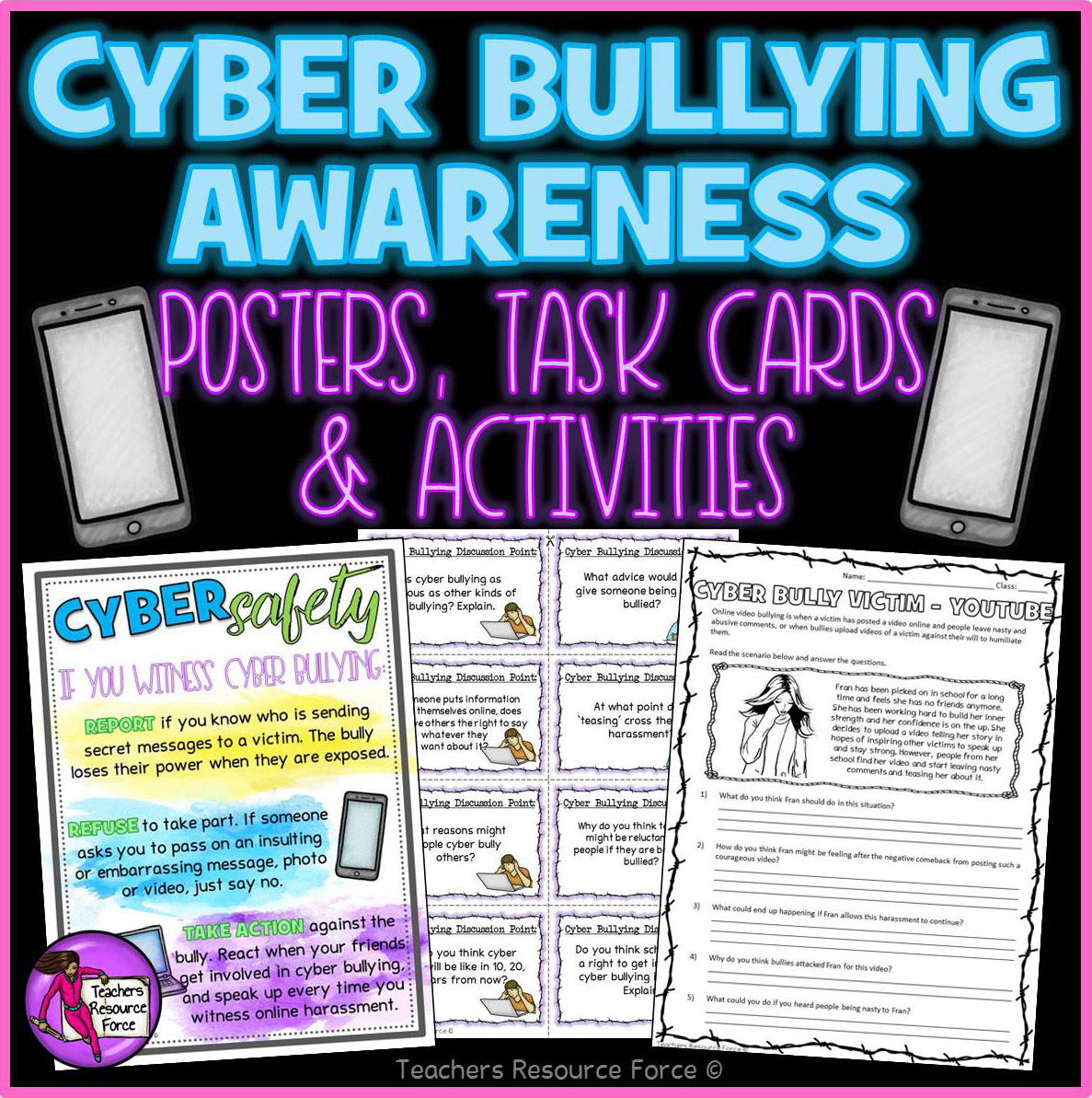








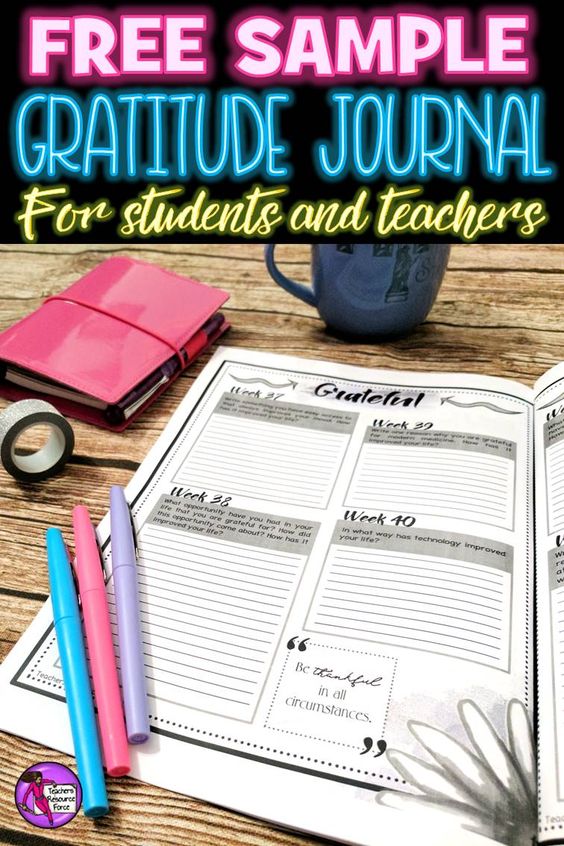
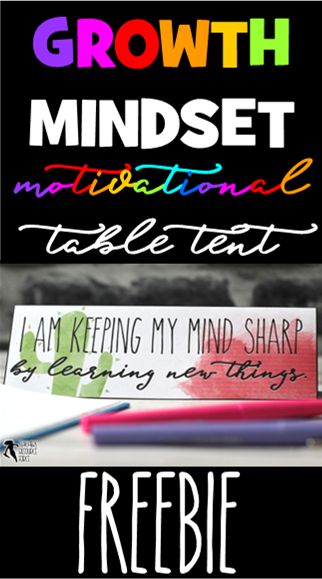

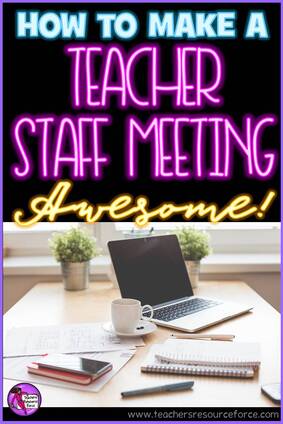

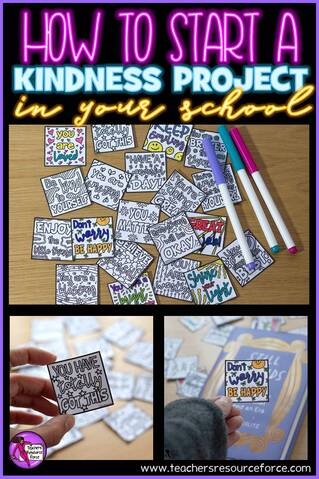


 RSS Feed
RSS Feed



